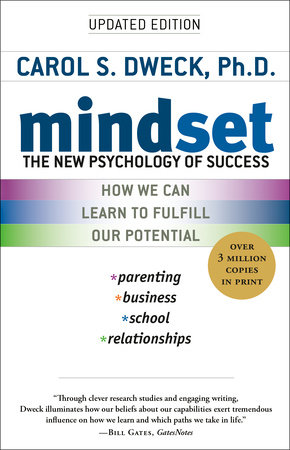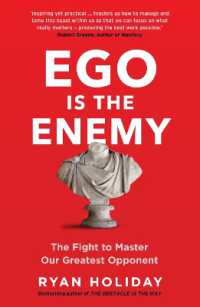Mindset: The New Psychology of Success
Carol Dweck’s Mindset has fundamentally changed how educators, parents, and leaders think about human potential. Through decades of rigorous research, Dweck reveals how our beliefs about our abilities can make the difference between success and failure.
The Two Mindsets
Fixed Mindset
People with a fixed mindset believe:
- Intelligence, talent, and abilities are static traits
- You’re either smart or you’re not, talented or not
- Challenges threaten your image of being smart
- Effort is a sign of inadequacy
- Failure reflects your lack of ability
- Criticism is a personal attack
Growth Mindset
People with a growth mindset believe:
- Intelligence and abilities can be developed through dedication and hard work
- Brains and talent are just the starting point
- Challenges are opportunities to learn and grow
- Effort is the path to mastery and achievement
- Failure is information and motivation to improve
- Criticism provides valuable feedback for improvement
The Science Behind Mindset
Neuroplasticity
Dweck’s work builds on groundbreaking neuroscience research showing that the brain is remarkably adaptable. When we learn new things, the brain forms new connections, and these connections can be strengthened with practice.
The Power of “Yet”
Simple linguistic changes can shift mindset. Instead of “I can’t do this,” growth mindset thinking says “I can’t do this yet.” This small word opens up possibilities for learning and improvement.
Praise and Motivation
Research reveals that praising intelligence (“You’re so smart!”) promotes fixed mindset, while praising process and effort (“You worked really hard on that!”) encourages growth mindset.
Applications Across Life Domains
Education
- Students praised for effort show increased motivation and performance
- Teaching students about brain plasticity improves academic outcomes
- Growth mindset creates more resilient learners who embrace challenges
Parenting
- Avoid labeling children as “talented” or “not a math person”
- Focus on effort, strategy, and progress rather than innate ability
- Model growth mindset by sharing your own learning struggles
Business and Leadership
- Organizations with growth mindset cultures show higher levels of:
- Employee engagement
- Innovation and creativity
- Collaborative behavior
- Organizational learning
- Athletes with growth mindset:
- Recover better from setbacks
- Show greater improvement over time
- Handle pressure more effectively
- Learn from coaches and competitors
The Growth Mindset Response to Failure
- Acknowledge the setback without making it about your identity
- Analyze what you can learn from the experience
- Adapt your approach based on new insights
- Apply what you’ve learned to future challenges
Constructive Self-Talk
- Fixed: “I’m not good at this”
- Growth: “I’m not good at this yet, but I can improve with practice”
Creating Growth Mindset Cultures
In Organizations
- Hire for learning ability, not just current skill level
- Provide regular feedback focused on development
- Celebrate learning from failures, not just successes
- Invest in continuous learning and development programs
In Relationships
- View conflicts as opportunities to understand each other better
- Focus on how both people can grow from challenges
- Support each other’s learning journeys
- Avoid fixed labels about personality or capabilities
The False Growth Mindset
Dweck warns against superficial adoption of growth mindset language without underlying belief change. True growth mindset involves:
- Genuine belief in the ability to improve
- Willingness to put in effort even when it’s difficult
- Accepting setbacks as part of the learning process
- Seeking feedback and acting on it
Practical Strategies
Developing Your Own Growth Mindset
- Listen to your inner fixed mindset voice
- Recognize you have a choice in how to interpret setbacks
- Talk back to the fixed mindset voice with growth mindset thinking
- Take growth mindset action
Helping Others Develop Growth Mindset
- Model learning from your own mistakes
- Ask process-focused questions: “What strategies did you try?”
- Share stories of famous people who overcame failures
- Create safe spaces for experimentation and learning
Impact and Legacy
Mindset has influenced educational policy, corporate training programs, and parenting approaches worldwide. The book provides scientific backing for what great teachers and coaches have always known: believing in people’s ability to grow and improve is often the key to helping them achieve their potential.
The growth mindset isn’t just about success - it’s about creating more fulfilling, resilient, and adaptive ways of living and working in our rapidly changing world.



